Plague and the End of Antiquity: The Pandemic of 541–750
Plague was a key factor in the waning of Antiquity and the beginning of the Middle Ages. In this volume, the first on the subject, twelve scholars from a variety of disciplines - history, archaeology, epidemiology, and molecular biology - have produced a comprehensive account of the pandemic's origins, spread, and mortality, as well as its economic, social, political, and religious effects. The historians examine written sources in a range of languages, including Arabic, Syriac, Greek, Latin, and Old Irish. Archaeologists analyse burial pits, abandoned villages, and aborted building projects. The epidemiologists use the written sources to track the disease's means and speed of transmission, the mix of vulnerability and resistance it encountered, and the patterns of reappearance over time. Finally, molecular biologists, newcomers to this kind of investigation, have become pioneers of paleopathology, seeking ways to identify pathogens in human remains from the remote past.
{{comment.content}}
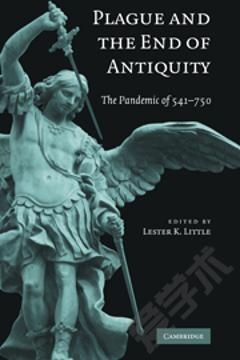
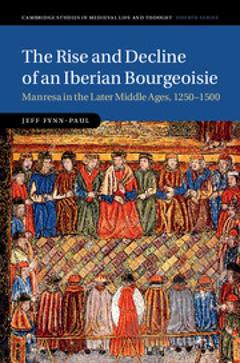
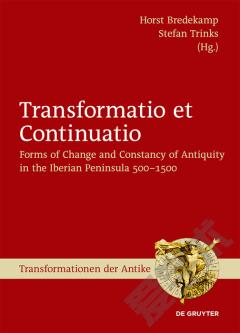
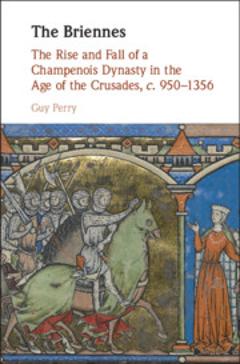
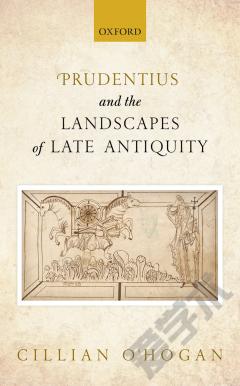
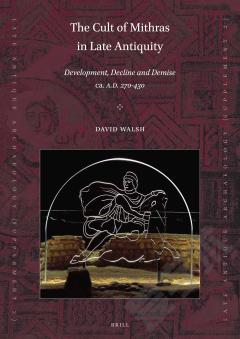
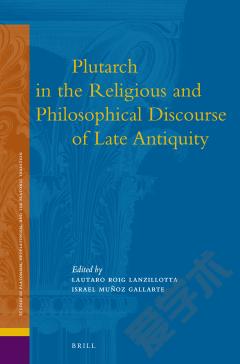

 京公网安备 11010802027623号
京公网安备 11010802027623号